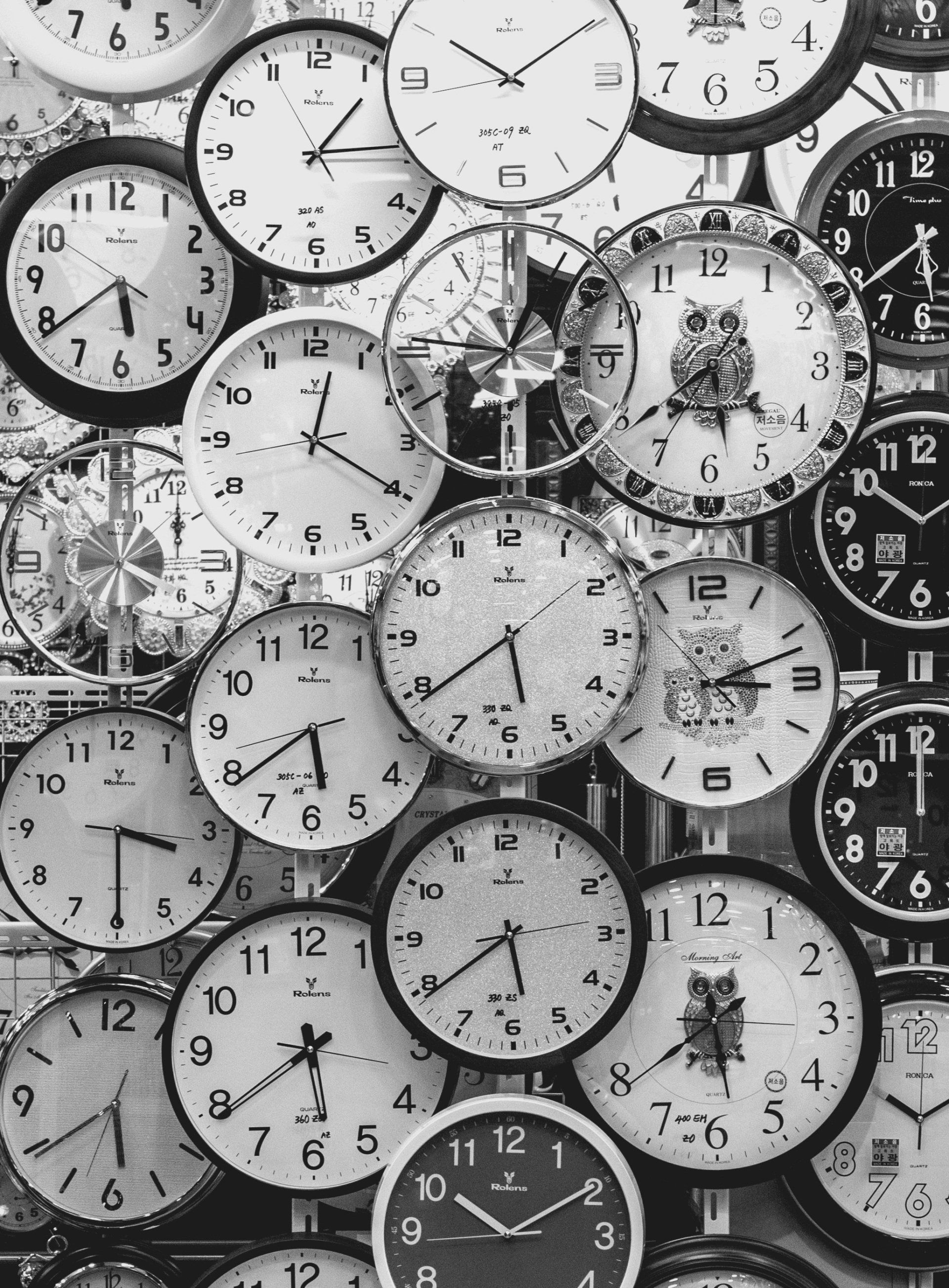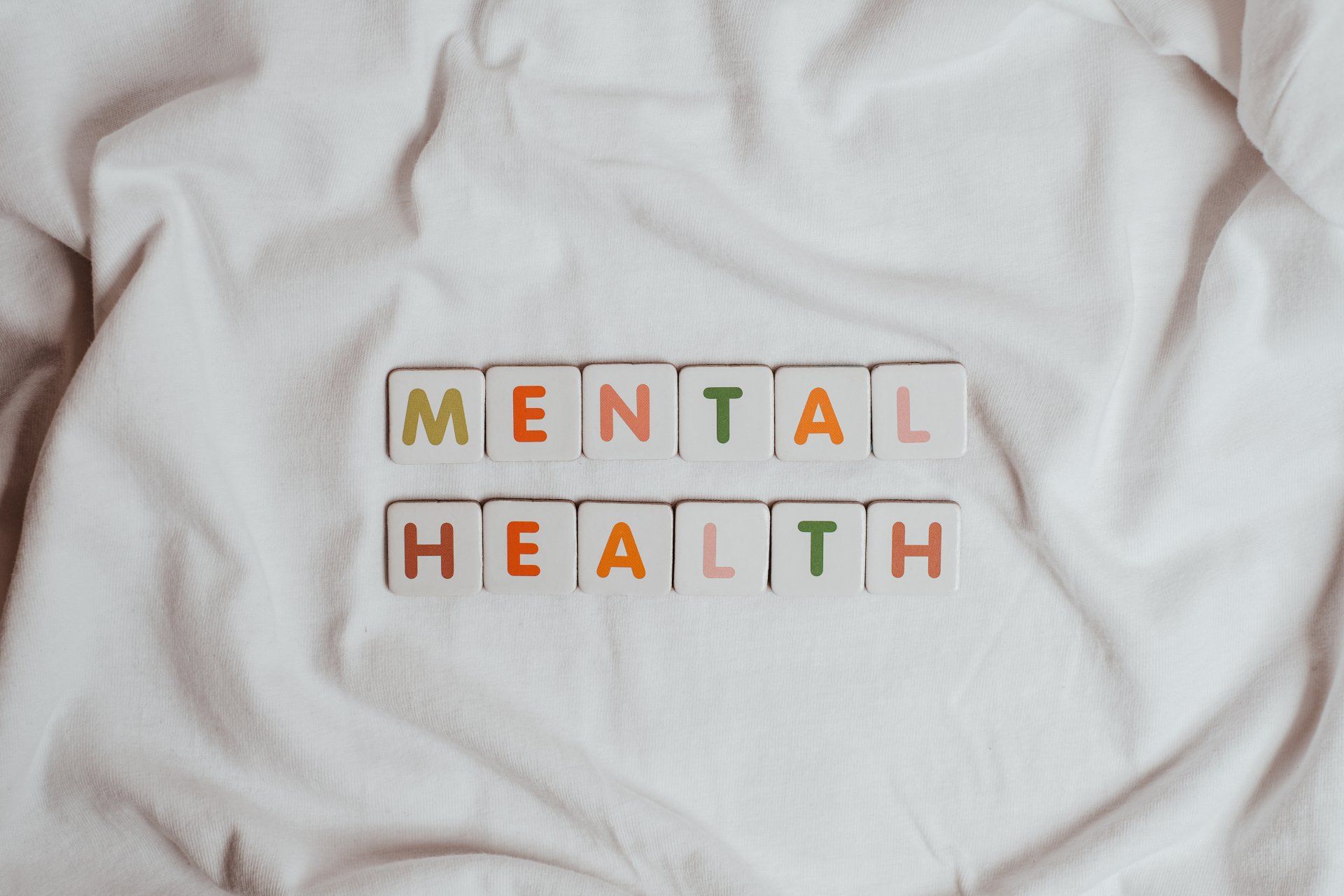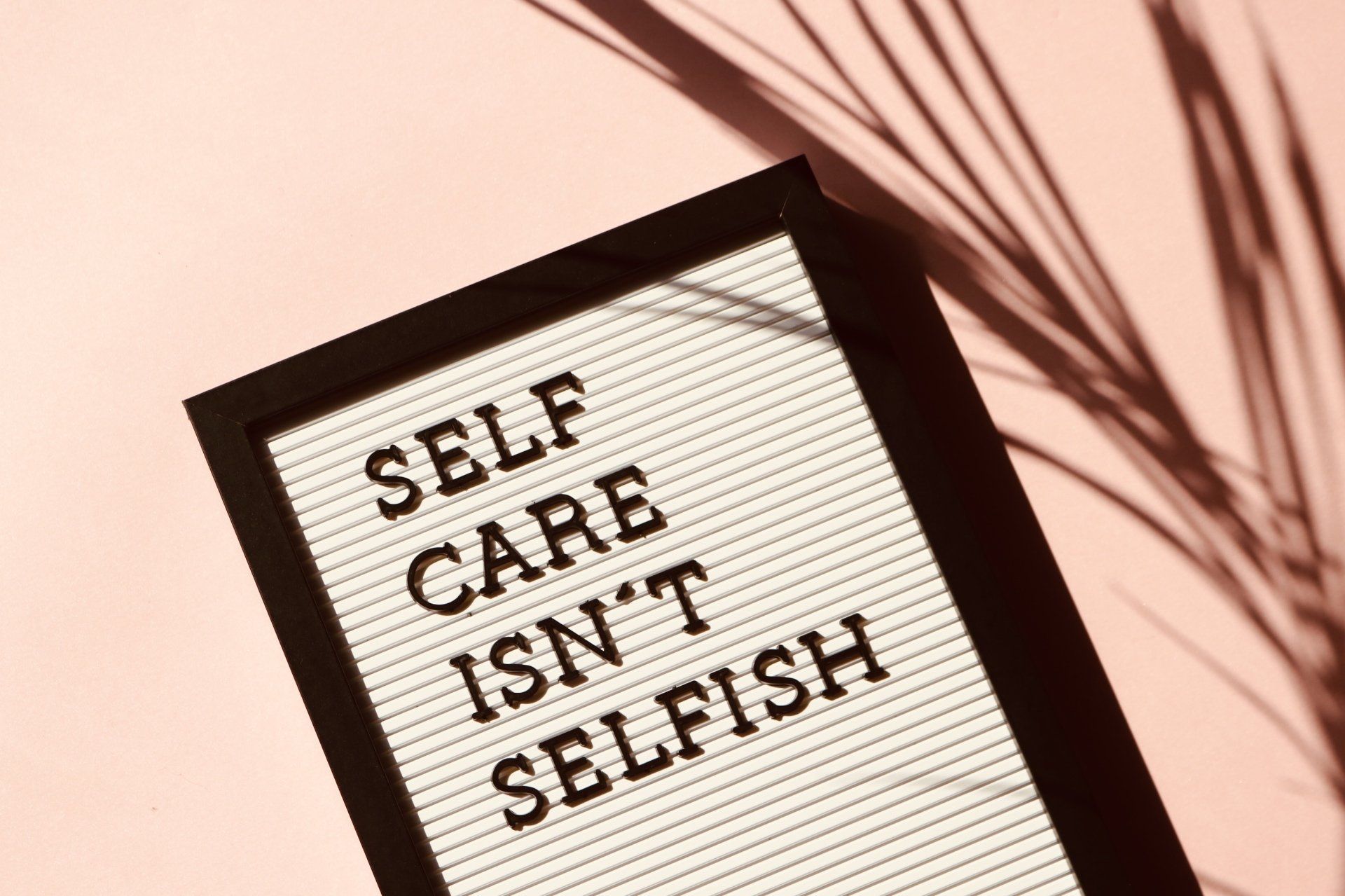Individual Therapy
"You Are Responsible For How Long You Let What Hurt You, Haunt You." - Audi L. Brown
Individual Therapy in Dallas and Surrounding Areas
Individual therapy, counseling, or talk therapy is a collaborative process between counselor and client. It is also known as therapy or psychotherapy. Common reasons why individuals seek out counseling is to get help with difficult issues such as the loss of a job, a loved one, or a relationship. Other reasons to seek therapy include conflict resolution, developing good communication skills, and setting boundaries with others.
Many individuals seek counseling to understand themselves and the decisions they make or to inspire change to improve the quality of their lives and relationships.

Why Counseling?
Counseling not only helps individuals overcome obstacles to their well-being but encourages personal growth and confidence. It can increase positive feelings and teach skills for handling difficult situations, making healthy decisions, and reaching your goals. Vazier Counseling can help you work through your life struggles.

What Can I Expect?
Session length is decided between the client and therapist. Common practice is 45-50 minutes in duration. 90 minutes is preferable for individuals and 120 minutes for couples and EMDR. EMDR requires a 2-hour session. It takes place in an office setting or via telehealth (online).
The client chooses what they want to accomplish in counseling. Some enter counseling for the sole purpose of resolving a specific obstacle in a short amount of time (3 or 6 sessions) and others are in counseling for months or even years to maintain optimal mental health. There is no one-size-fits-all.

How Much Does Therapy Cost?
I do not accept insurance, single-case agreements, or EAP.
I accept cash, Zelle, credit cards, and HSA cards.
50-minute sessions:
Individual $160
Couples $180
90-minute sessions:
Individual $220
Couples $260
2-hour sessions:
Individual (EMDR)* $280
Couples $320
*EMDR requires a 2-hour session
Do You Need Individual Therapy?
Mental health includes our emotional, psychological, and social well-being. It affects how we think, feel, and act. It also helps determine how we handle stress, relate to others, and make healthy choices. Mental health is not just the absence of struggle but effort toward personal growth.
If you are experiencing any of the following, therapy may help.
- Anxiety, difficulty balancing work/life
- Loneliness, anger, frustration, or sadness
- Unhappy with self in appearance, accomplishments and abilities
- A sense that your home life is chaotic and full of negativity and disappointment
- Risky thoughts or behaviors
- Poor communication and feeling stuck in conflicts
- Emotional distance, isolating from others
- Feeling lost, difficulty concentrating and remaining focused
- No sense of purpose or goals to achieve
- Difficulty falling asleep, staying asleep, or sleeping too much


Your Mental Health Is A Direct Link To Your Physical Health
Studies show that your mental health has an impact on your physical health. The CDC-Kaiser Permanente Adverse Childhood Experiences (ACE) study is one of the largest investigations of childhood abuse and neglect and household challenges and later-life health and well-being. The original ACE study was conducted at Kaiser Permanente from 1995 to 1997 with two waves of data collection.
Results show that early adversity has lasting impacts. As the number of ACEs increases, the risk for negative health outcomes increases. There is a strong relationship between early exposure to abuse and household dysfunction to multiple risk factors for several of the leading causes of death in adults.
Improve Your Quality of Life
By Starting With Your Mental Health
Feel Better | Think Better | Do Better | Look Better | Sleep Better